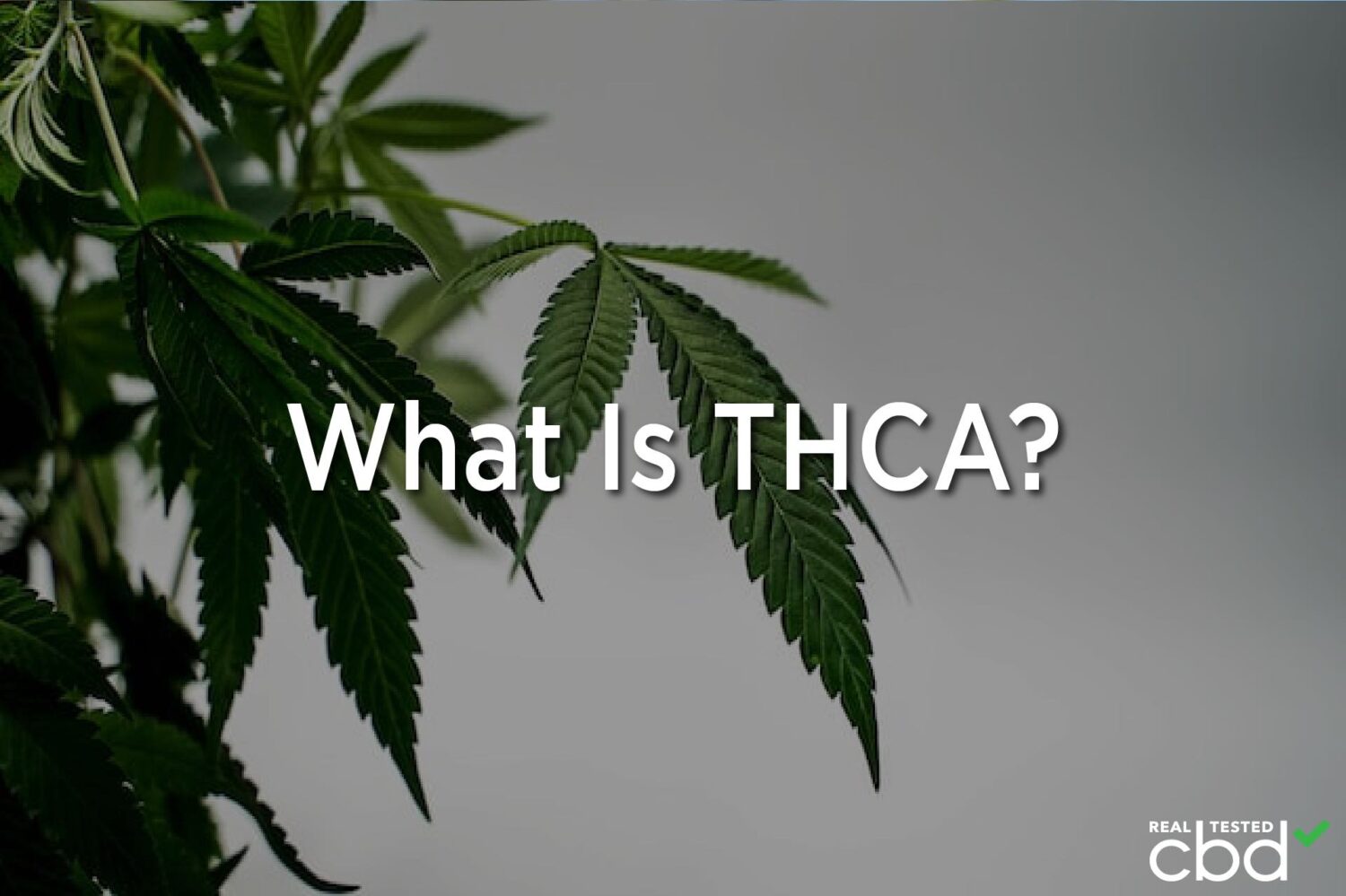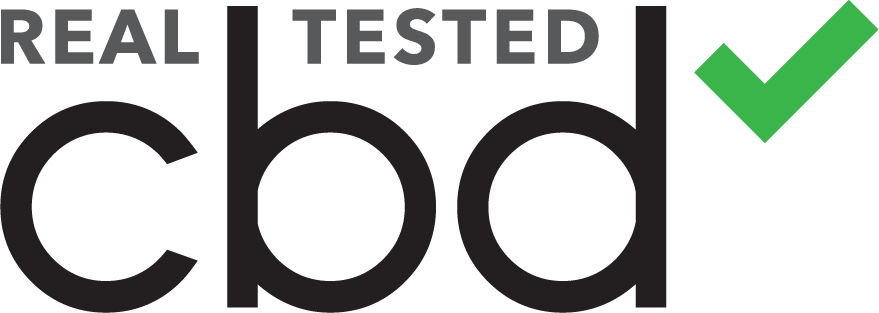
View the original article about What THCA Is at Real Tested CBD.
For most who have heard of or used cannabis, THC is nothing new. THC is the cannabinoid most associated with the mind-altering “high” it can produce. Still, not all of those who are familiar with THC realize just how many variations of the major cannabinoid there are. Recently, THCA has become a rising star in the cannabinoid industry, but what in the world is it? Let’s take a closer look at what THCA is and how it compares to delta-9 THC, the most commonly known and widely used cannabinoid.
What Are Cannabinoids?
Before we breakdown THCA and how it differs from traditional THC (delta-9 THC), lets first take a look at what cannabinoids are. Cannabinoids are naturally occurring compounds found in hemp and cannabis plants. There are over 100 cannabinoids that can be found in these plants, with THC being the most well-known and followed closely by CBD.
Though THC and CBD seem to be the best-known cannabinoids, they are both developed from another cannabinoid known as CBG or the “mother of all cannabinoids.” As cannabis and hemp plants grow, their cannabinoid and terpene content start to develop. The first cannabinoid produced by the plants is CBG, which breaks down over time to create other cannabinoids, including THCA.
Different Types of THC
There are four major types of THC in cannabis plants that we know of for now. As research continues, there may be the discovery of even more. Currently these four variations of THC are the most commonly found and studied: THCA, THCV, delta 9 THC and delta 8 THC.
THCA: THCA has a full name of tetrahydrocannabinolic acid, and it actually the acidic form of THC. THCA is a precursor to traditional THC. When exposed to heat, THCA actually converts to THC (delta 9), which is when it creates intoxicating effects. THCA on its own is not intoxicating or indicative of creating a “high.”
THCV: THCV is (for now) the least known type of THC found in cannabis plants. THCV is produced during the break down of THCA and is thought to be similar to delta 9 THC in some of its effects. More research is needed to fully understand the capabilities and effects of THCV.
Delta 9 THC: Delta 9 THC, also referred to as traditional THC in this article, is the most widely known cannabinoid.Commonly associated with the euphoric high and intoxicating effects it can have, delta 9 THC is used both medically and recreationally by many worldwide.
Delta 8 THC: Delta 8 THC is an isomer of delta 9, meaning it is a “degraded” form with different effects. Delta 8 is found naturally in cannabis plants in very small amounts, with most of the products available today being made from processed CBD. Delta 8 is thought to have some intoxicating effects, but milder than delta 9 THC’s.
THCA VS Traditional THC (Delta 9)
The most significant difference between THCA and THC (delta 9) is that THCA is not intoxicating on its own like THC. THCA requires heating to create THC and in turn the intoxicating effects. Through smoking, vaping or cooking for edibles, THCA can be altered into THC with the removal of a carboxyl ring. This change in chemical structure allows for THCA to convert to THC and have a different effect on our bodies and ECS.
The ECS, or endocannabinoid system, is a bodily system largely responsible for functions like sleep, appetite, pain regulation, sleep cycles and more. THC is thought to have heavy interaction with the CB1 receptors in the ECS, which is where its euphoric effects develop from. THCA doesn’t bind with this receptor until heated and converted to THC, which is thought to be the reason for THCA’s lack of intoxicating effects.
However, THCA still does interact with the ECS to deliver some possibly therapeutic impacts. Though more research is needed to fully understand the effects of THCA, it is thought to be useful for addressing things likeinflammation and nausea.
Turn to Third-Party Lab Testing
If you are interested in trying out THCA, it may depend on the state you live in. Products with THCA in them are likely only sold in states with a medical or recreational cannabis program. States with these programs are required to third-party test products to ensure compliance and safety before they are sold, which plays in the favor of the consumer.
Regardless of where you live or what cannabinoid-based product you are looking to try, turning to third party lab testing is the best way to ensure you are purchasing a high-quality product. Independent laboratory test results will give you insight to what cannabinoids are present in your product of choice, as well as how much of each is there. Knowing the exact levels of active ingredients, especially THCA that converts to THC when heated to creating intoxicating effects, is key to having an enjoyable experience with cannabinoids.
If you are looking to try out any cannabinoid-based product, turning to Real Tested CBD is great place to start. With all the most transparent third party lab test results and unbiased product reviews, everything you need to know about the best products on the market is in one place.
Learn more about Hemp Cannabinoids at Real Tested CBD.
Advertising disclosure: We may receive compensation for some of the links in our stories. Thank you for supporting LA Weekly and our advertisers.

